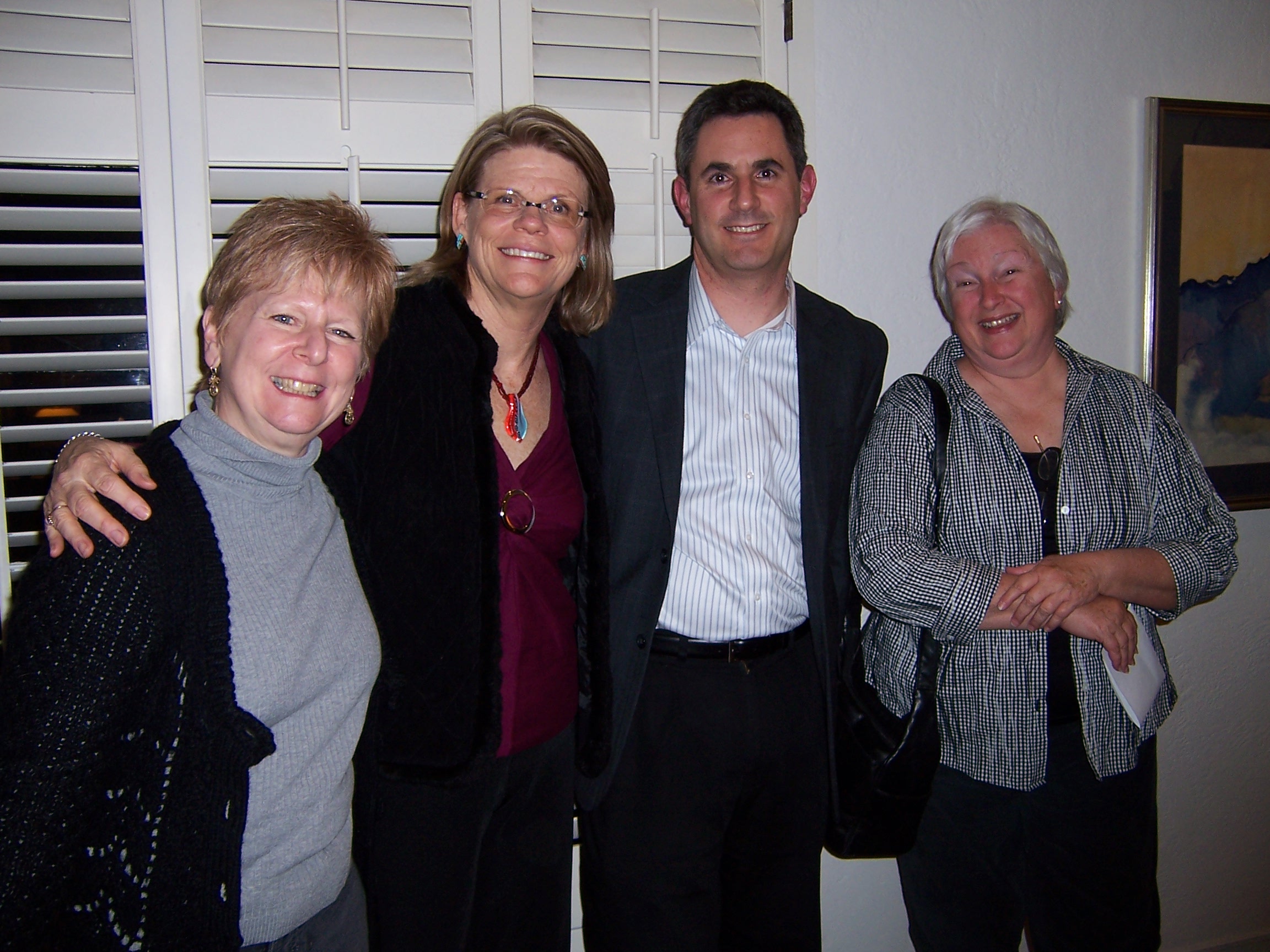There’s a building on the Stanford University campus called the Center for Education Research at Stanford – CERAS – that holds a special place in my life. From the outside, it’s not especially interesting, and you can’t quite get a complete view of the building from any exterior vantage point. The interior has a unique open-center design, with all of the offices and classrooms arrayed on opposite sides and facing each other from a slightly offset elevation. I spent many long hours in CERAS while I worked on my master’s degree and teaching credential in the Stanford Teacher Education Program, back in 1994-95.
However, since I live and work nearby, CERAS has remained part of my life for many years since. I returned to CERAS often after graduate school. I went several times during the year I was as a pre-candidate, and then the year I was a candidate, and then in the years I was a candidate support provider at the Stanford National Board Resource Center (NBRC). There was even a year that I shared office space in CERAS, when I was helping to lead a teacher leadership network based there. I have returned many times as an audience member for education policy and research talks and events, and have even been the invited speaker a couple times. Just walking into the building always puts me in a reflective and receptive mood.
Most recently, I returned to the NBRC to observe what’s happening in candidate support for teachers pursuing the new National Board Certification. The process and timeline has changed since I first certified in 2004 (and renewed in 2014), and I wanted to stay up to date.
The NBRC is directed by Linda Bauld, NBCT, who was a fellow candidate support provider at the time that I did that work as well. Linda has also been a friend and fellow advocate for accomplished teaching and teacher leadership over the years. The photo here, taken several years ago, shows me with Linda after we spoke about teacher evaluation issues to a local chapter of the League of Women Voters.

In the years since then, Linda has guided the NBRC through some significant evolution and growth. Building on a solid foundation provided by her predecessor, Sandy Dean, Linda has been at the helm as the NBRC took on statewide leadership roles helping create and support a California-wide professional development project called the Instructional Leadership Corps. I also discovered during my recent visit that the NBRC is now providing virtual support to groups of teachers beyond the local area.
And while some things have changed in the NBRC and in the certification process, other things remain the same. It’s Saturday morning. Teachers come in early, commuter mugs full of caffeinated beverages, tote bags and backpacks in hand, mostly smiling as they greet each other but still looking a bit tired. As people settle in for either their full-group informational session or the later, certificate-area small group support, they lean in to ask questions and double check understandings about the certification procedures. There’s so much information. I can’t imagine trying to certify completely on my own.
The small group meetings are still the key though, not just for helping teachers achieve certification, but for providing valuable professional growth throughout the process. The certification is important, no doubt, but in a way, I’ve felt that certification is a later validation of what candidates learn about teaching and about themselves over a longer period. I could see it happening during my visit as I wandered through CERAS to observe the various small groups holding their meetings: elementary school teachers (“generalists”) and literacy specialists, secondary school teachers of single subjects like math or social studies, all completely focused and engaged.
Have you ever been in a staff meeting or conference presentation where people are checking email on their laptops or viewing social media on their phones? Not much of that goes on when teachers come together by choice to engage in a deep and personal study of the architecture of accomplished teaching. It’s an intense and meaningful process, and one that I’m glad to observe continuing to happen for each new group of National Board candidates. And I’m also glad to see how teachers keep the rooms and halls of CERAS humming, even on a Saturday, with important work that improves our schools and our profession.
